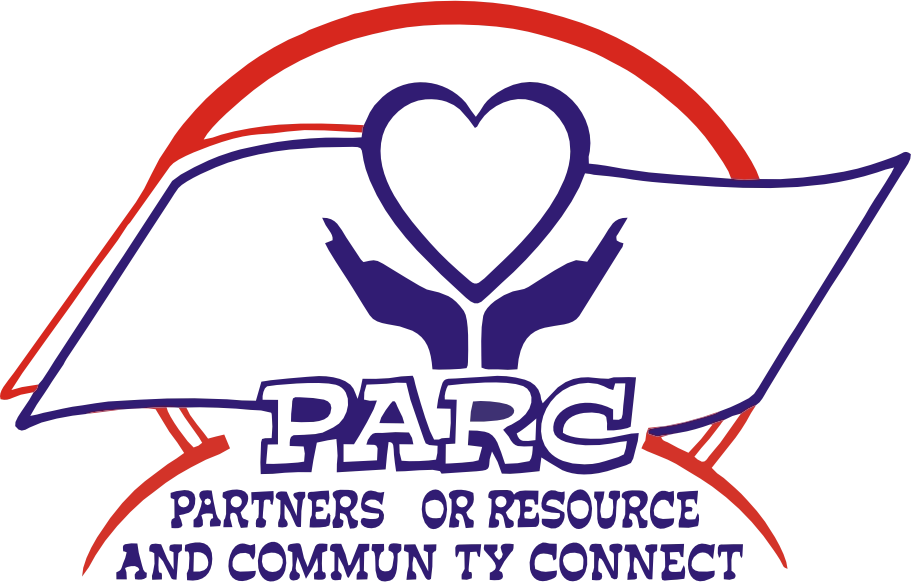PROBLEM
Billions of people around the world still lack access to safe drinking water, basic toilets and good hygiene. For children – more susceptible to infectious disease than adults – the consequences can be fatal. Hundreds of children under the age of 5 die every day from diarrhoeal diseases that could have been prevented by basic WASH services in their homes, health centres and schools.
Millions more find themselves missing out on essential nutrients or education – too often home sick from unsafe drinking water.
Poor sanitation leads to diarrheal diseases, which are responsible for 17% of all deaths of children under five (World Health Organization). The link between access to safe water, overall health and the economic opportunities of the people of Kasese is clear, as access to safe water is greatly lacking in many villages.
Economic access, education, and healthcare are inextricably linked – poor health can be a barrier to education, productivity and overall livelihoods. Lack of sanitation, clean water, and immunization lead to outbreaks of waterborne and communicable diseases; shortage of nutrient-rich food exacerbates disease; wide-spread depression and anxiety lead to drug abuse; sexual violence leads to a rise in HIV and sexually transmitted infections (STIs); an inadequate health services leads to increase in mortality. PARC tries to reach the poorest of the poor through advice and support, equipping them with the knowledge and means to ensure they can access good quality healthcare, and empower them bail themselves out of poverty trap and lead health lives.
When people are too poor, it is very different to make a decision for a better future. Without nutrient rich foods, people become very vulnerable to diseases, and when people fall sick, their productivity not only reduce but translates into reduced incomes. When peoples’ incomes are increased, they are able to send their children to school, can afford visiting a healthy facility in case of an illness, and can embrace good nutritional security.
SOLUTION
PARC aims to empower marginalized people living in rural under-served communities in Uganda by providing a low-cost community supported, holistic approach to addresses water related challenges through;-
Education: We educate community members about the importance of household hygiene, personal hygiene, and sanitation through outreaches. All our educational programs focus on and emphasizes behavioral change interventions that prevents water contamination during collect and storage, promotion of point-of- use (PoU) treatment products, and integrating menstrual hygiene management (MHM) in WASH programming.
Safe Water Access: We are working to improve safe water access by constructing and rehabilitating water facilities using a combination of different climate resilient technologies, determined by the needs of the different communities being targeted or supported.
Toilet Building: To improve sanitation and menstrual hygiene management, we construct gender separate latrines (girls’ only toilets) in public places such as schools, which is coupled with distribution of reusable sanitary pads to girls and women.
Menstrual Hygiene: We integrate access to menstrual hygiene management (MHM) as a core topic of sexual and reproductive health (SRH) into WASH programming. We deliver reproductive health outreach education that focuses on integrating menstrual hygiene management (MHM) into water, sanitation and hygiene (WASH) activities. We also promote access to safe and affordable menstrual hygiene materials through reusable sanitary pads production and distribution, and access to sanitation and washing facilities through building gender separate toilets.
